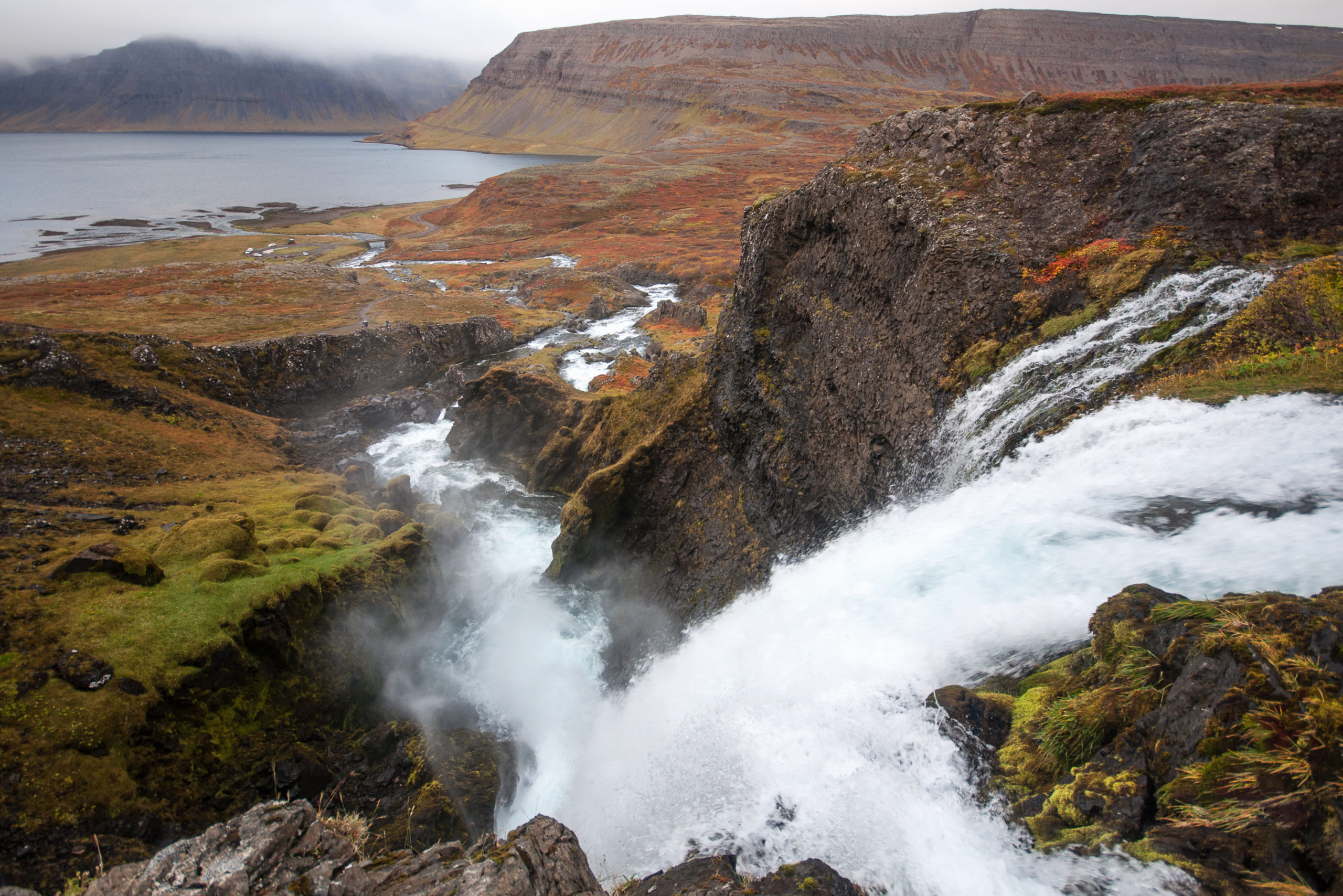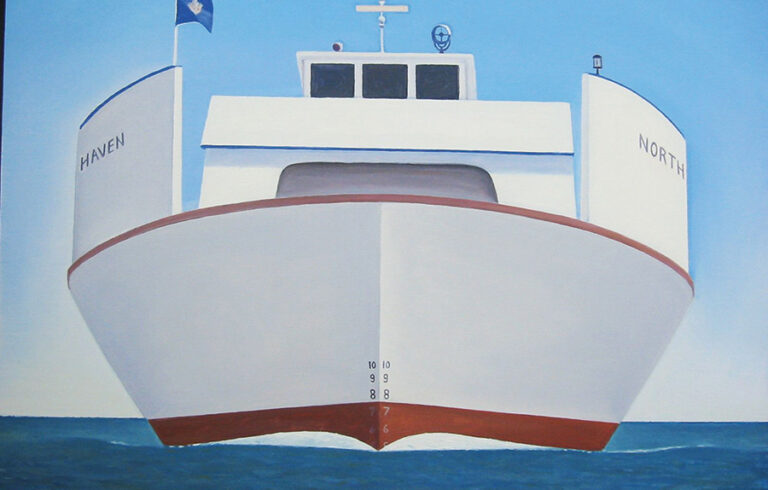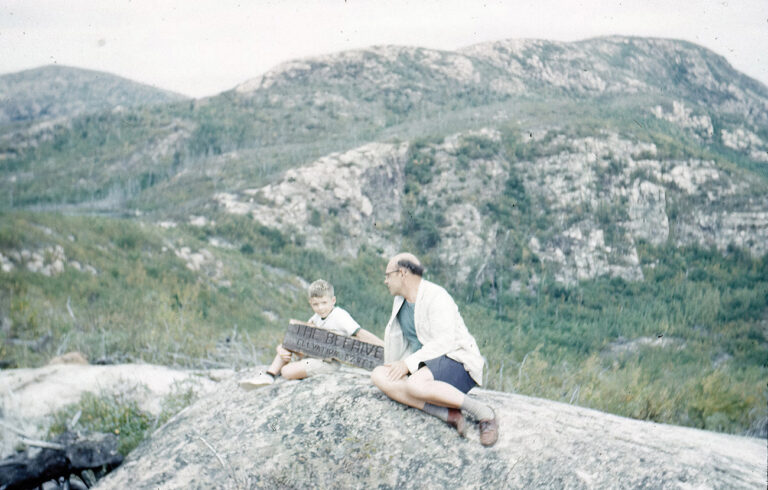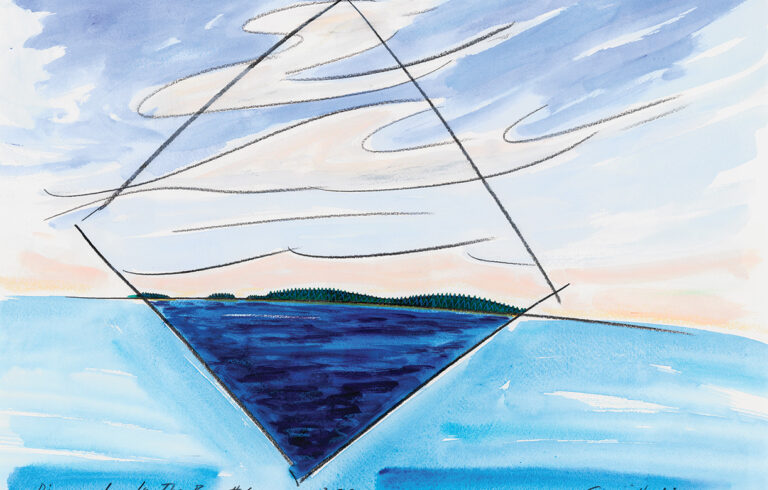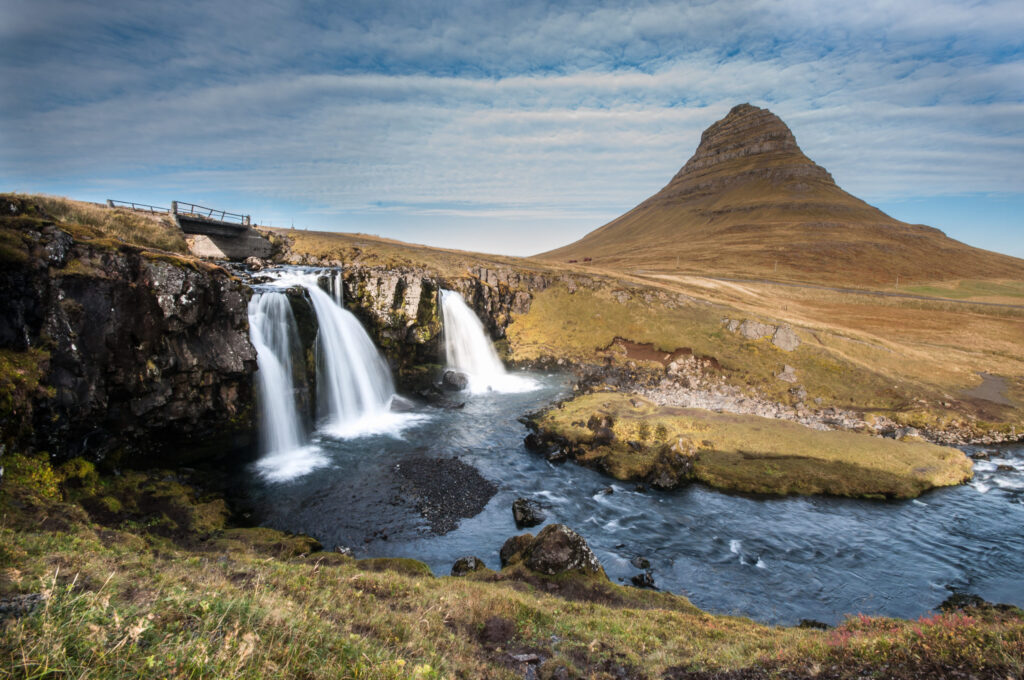
Maine’s connections to the North Atlantic island nation of Iceland are stronger than you might think. Eimskip—Iceland’s oldest shipping company, which operates around the globe—is based in Reykjavík. Portland is Eimskip’s only US-based port. Last fall, a delegation from Iceland visited Portland to discuss how to boost cultural connections between Reykjavík and Portland.
Also in the fall, my partner Jared and I headed to Iceland for a two-week road trip.
Reykjavík, the capital, is where two-thirds of the nation’s population of 329,100 lives. To put it in perspective, Maine has four times as many residents living in roughly a third of the land mass. Reykjavík served as our starting and ending point to stock up on supplies, but for most of the trip, we explored the wilds of the rural landscape that makes up so much of the country.
Our mission was to circumnavigate the island by traveling the 1,332-kilometer (828-mile) coastal route known as the Ring Road. The route was completed in 1974 and consists of two lanes, one going in each direction, with many small, one-lane bridges made out of wood or steel. Most of the road is paved, though many sections are still gravel.
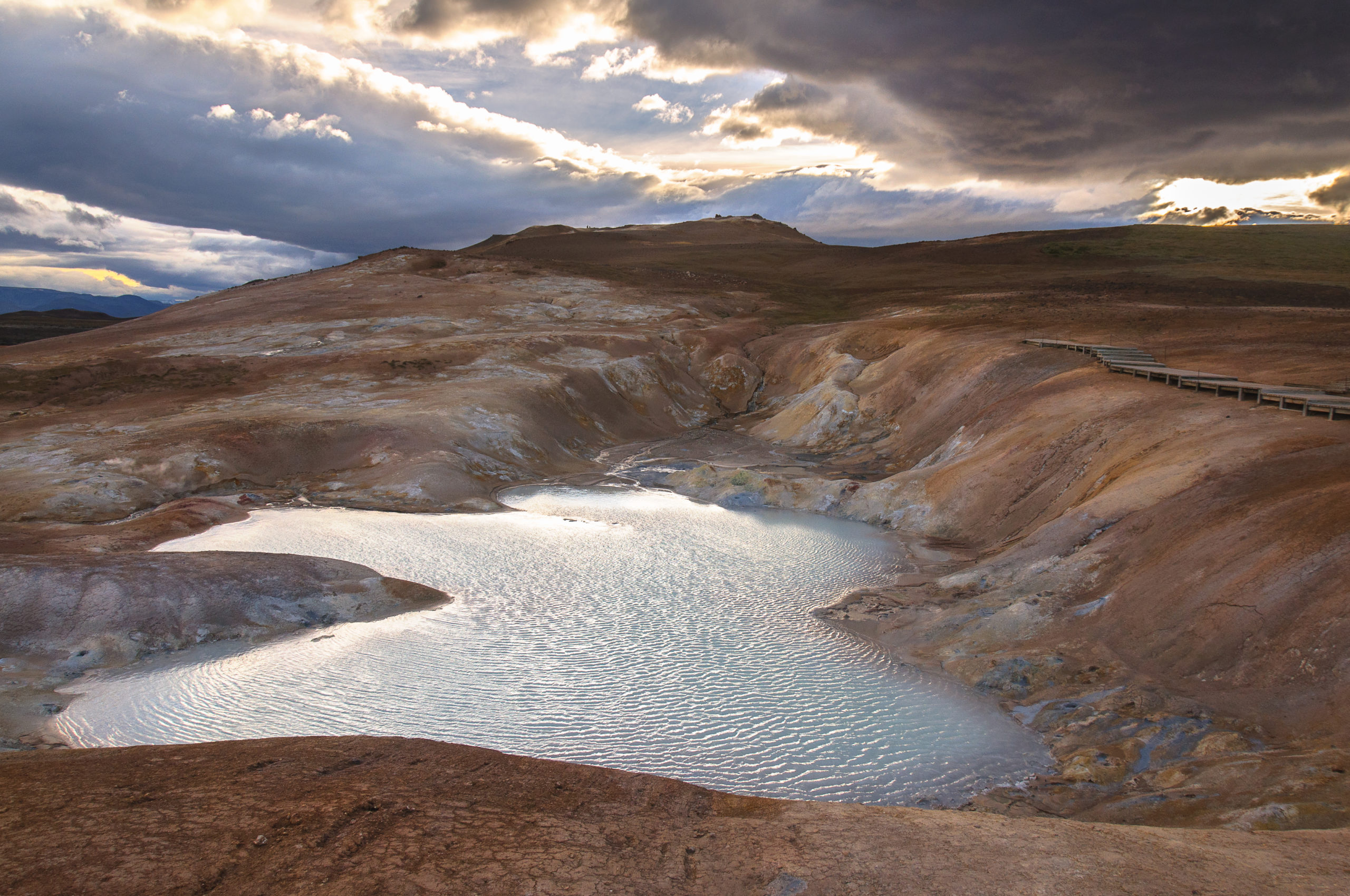
We found that as we detoured off the Ring Road and started inland, the roads quickly became very challenging. They label them accordingly as “F” roads to signify that four-wheel drive is required. We pushed the little two-wheel-drive camper van we had rented past its limits, but still managed several successful adventures off the beaten path. We were forced to cut short a couple of adventures when roads were rendered impassable by loose sand or deep water. Lesson learned: Iceland adventures require four-wheel drive.
We didn’t set a concrete itinerary, opting instead to use a Lonely Planet guide and plan the details on the fly from our camper van, allowing us the flexibility to experience anything the island might have to offer us that day.
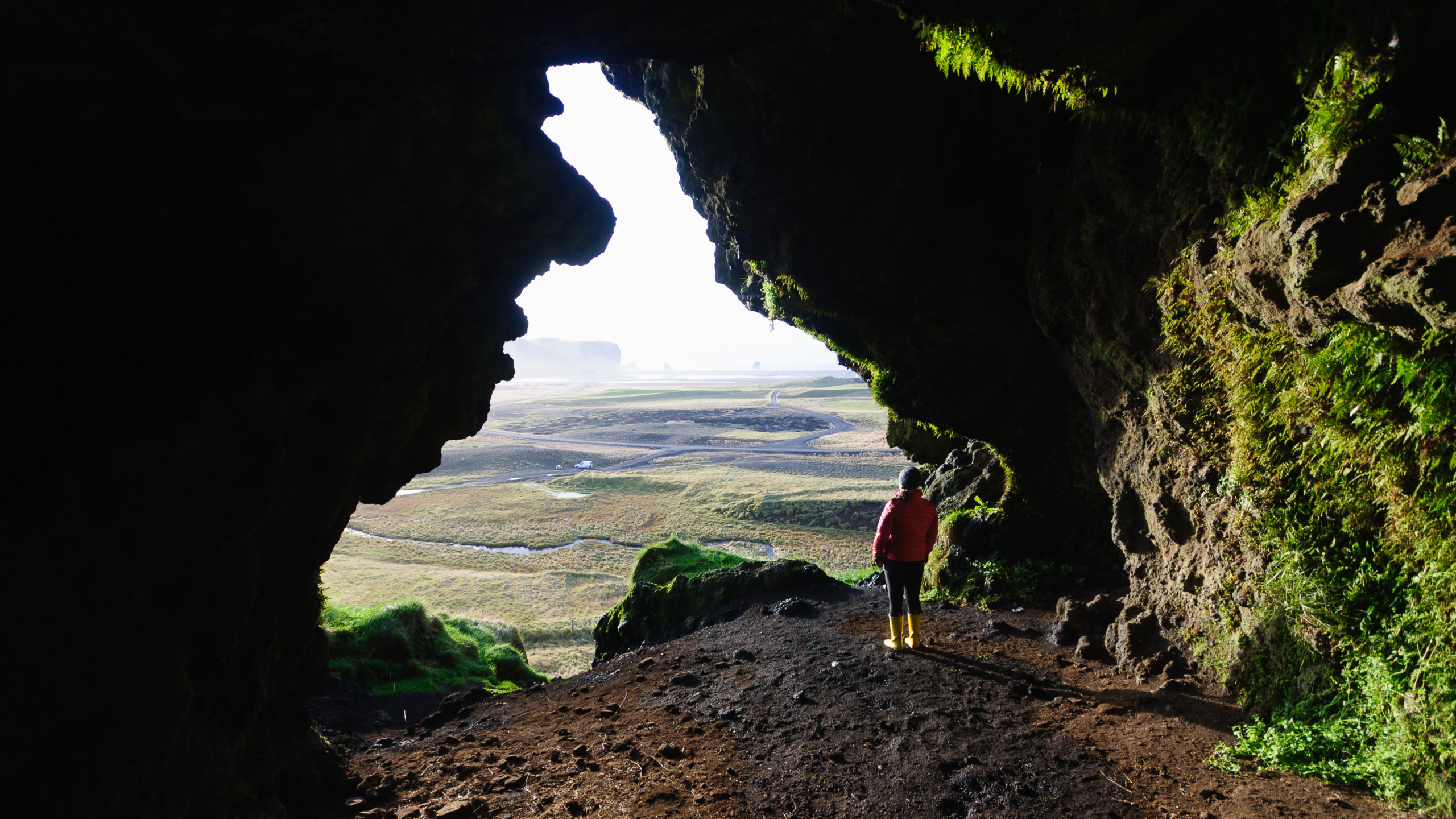
Loftsalahellir, a cave used for council meetings during the Saga times, is located just before the causeway to Dyrhólaey, Southwest Iceland.
On the morning of our first full day, we were greeted with a fresh blanket of snow, then further welcomed by the high winds and torrential rains that were the remnants of Hurricane Joaquin. Then it rained, and rained some more.
In fact, these were some of the heaviest rains we had ever experienced. It turns out the “Land of Fire and Ice,” as Iceland is known, also can be the land of brutal and unpredictable weather. So with the weather report grimly forecasting no end in sight to the rain, we grudgingly abandoned the southern reaches of the island and spent an entire day on the road, driving east toward the hope of blue skies and our first view of the fjords.
We continued our way around the Ring Road, occasionally making detours to explore remote areas like Þingvellir National Park and the Westfjords, venturing down rough dirt roads and across mountain passes to catch glimpses of snowcapped volcanoes, hidden waterfalls, and imposing glaciers. We saw a lot of sheep grazing in fields, and sometimes crossing the road in front of us. There are many more sheep than people, according to my research.
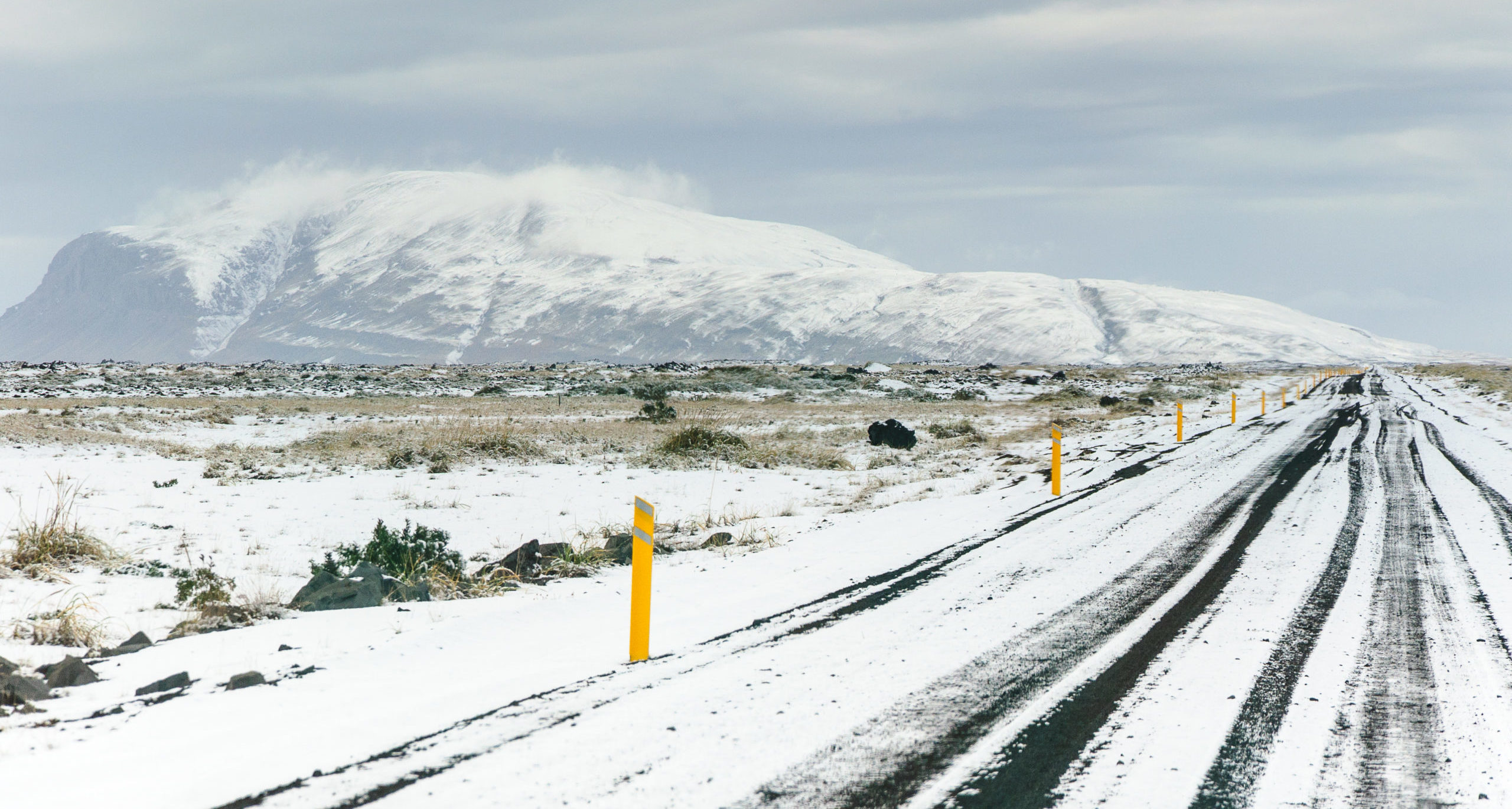
Being there outside of peak tourist season, which is June to August, meant we could often spend an entire day driving without seeing another person. The few people we did interact with were exceptionally friendly and welcoming.
I remember one early morning waiting for the only gas station in town to open so that we could get a cup of coffee. The coffee came in small, eight-ounce cups. The owner chuckled as we both approached the counter with two cups in each of our hands. “Ah,” he said. “Americans always want more coffee.”
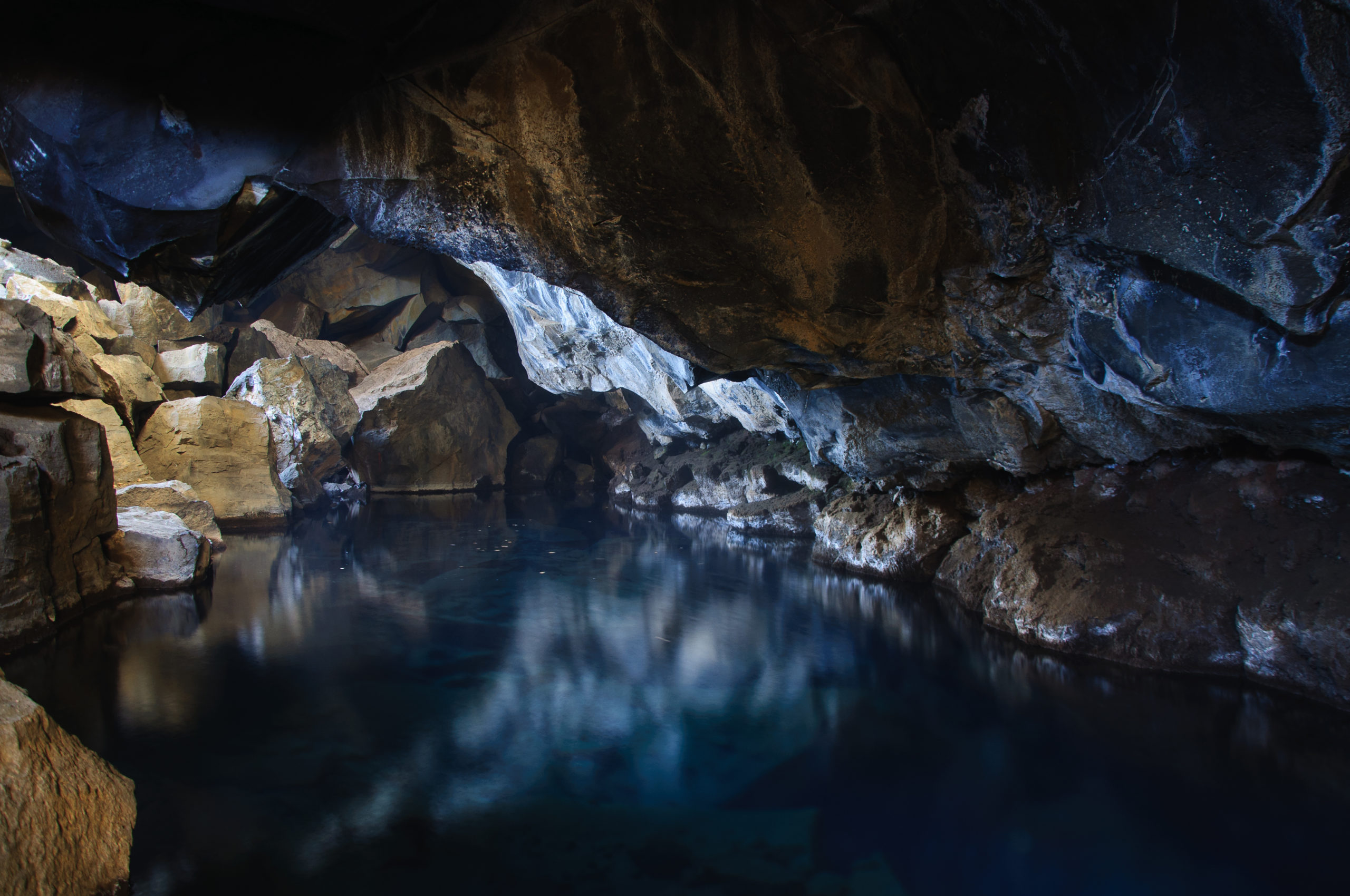
Another morning we arrived at the small fishing town of Hólmavík (pop. 337), again looking for hot beverages, breakfast, and much-needed diesel. We pulled into the petrol station next to a local man refueling his truck. As Jared began to pump, the man greeted him, saying, “Isn’t life beautiful? And it just keeps getting better and better each day, doesn’t it?”
Jared, not yet properly caffeinated, replied, “Yes, I suppose it does.” The man grinned, hopped in his truck, and went off to enjoy the rest of his day.
Such a simple statement, yet so powerful. Yes, it was a beautiful day, and we felt so fortunate that Iceland had welcomed us so warmly.
